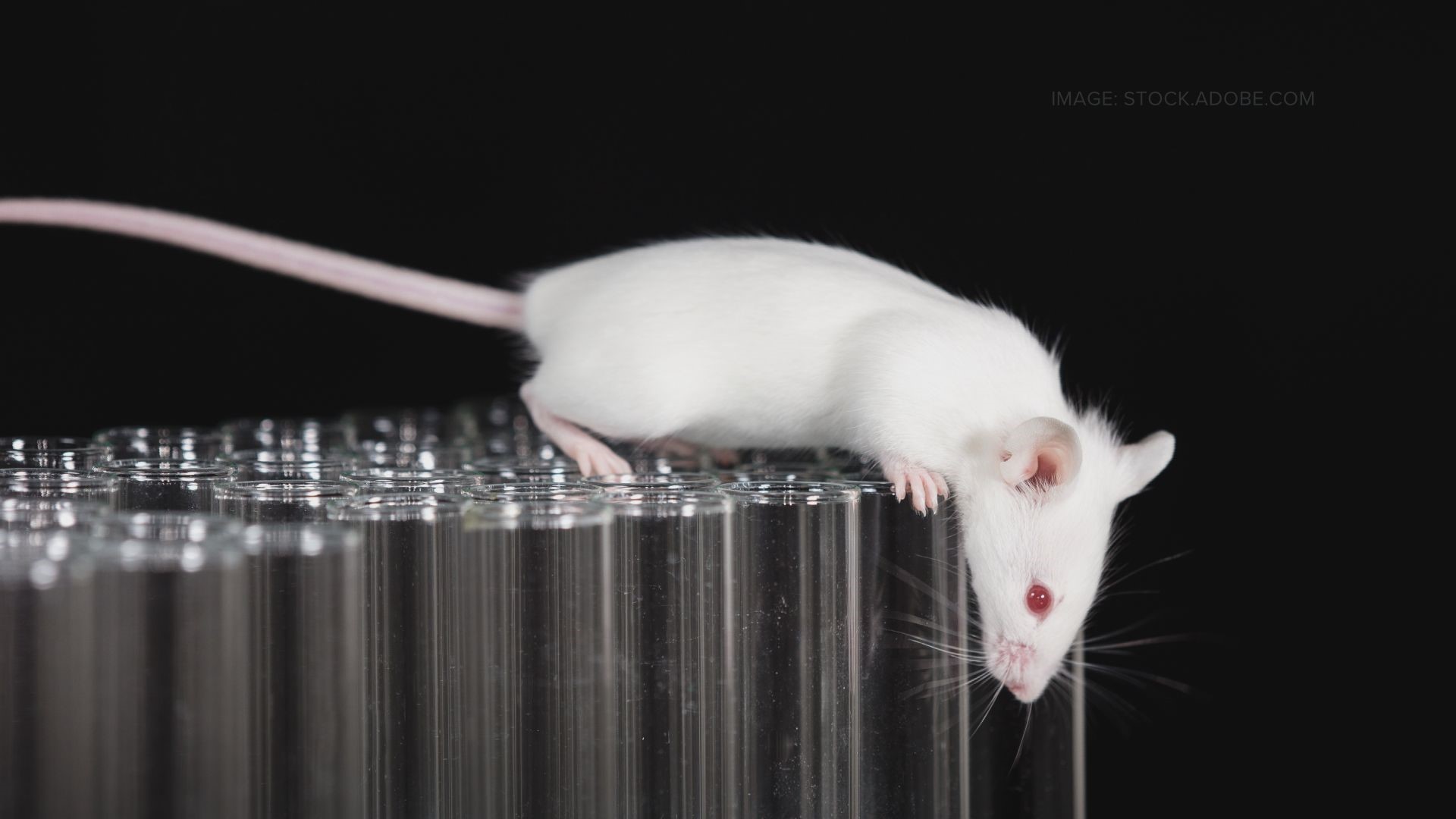GREENSBORO, N.C. — Before the COVID vaccine first came out, it was tested on tens of thousands of people to make sure it was safe and effective. But with the new booster for the contagious omicron variant, a lot of folks online are saying it's only been tested on a handful of mice.
A tweet from Dr. Urso with the pandemic health alliance has more than 24,000 likes and more than 11,000 retweets saying in part, "the booster was tested on, drumroll, 8 mice. That's it."
Our sources for this Verify are the CDC, FDA, and CBS News medical contributor Dr. David Agus.
According to documents on the CDC website, human tests of Moderna's version of the new booster are still "ongoing." Right now, there is only final evidence from "8-10 mice" per group."
The FDA's website shows for Pfizer the agency also relayed on the final study evidence from "8 mice." But human trials are also ongoing. So far, the new boosters "showed a similar local reaction and systemic event profile." That means side effects appear to be about the same including "mild to moderate injection site pain, fatigue, and muscle pain."
ANSWER: So it's true, right now, final testing has only been done on mice.
On a podcast with John Hopkins School of Public Health, FDA Commissioner Dr. Robert Califf explained why the agency is moving forward without the complete human trial data.
"In the midst of a pandemic, if you wait for all that data to come in, you've missed the boat. And so you have to be preemptive," he said.
He also said the decision is based on "the totality of the evidence" from previous COVID vaccine trials. The commissioner told CBS News the bottom line is the vaccine boosters are safe and effective.
"I'll be at the front of the line at the pharmacy getting my vaccination. I'm very confident about this," said Califf.
This COVID booster approval process is similar to how the flu shot is updated every year according to CBS News Medical Contributor Dr. David Agus.
"Just like the flu shot comes out every year and it really is tested as we give it, we're going to do the same here," he. "So we think it's close enough to the original COVID-19 vaccine, the same outer shell, slightly different spike protein, that it is going to be safe."
We also reached out to Moderna and Pfizer for comment today. We'll let you know when Moderna gets back to us. Pfizer sent a statement backing the FDA's decision to go with pre-clinical, or not final, data in humans. Pfizer wrote:
"To advance the Omicron BA.4/BA.5 bivalent vaccine as rapidly as possible, regulators, including the FDA, WHO and EMA, have advised that our submissions be based on safety and immunogenicity data generated in adults with an Omicron BA.1 bivalent vaccine and supported by BA.4/BA.5 bivalent pre-clinical data and BA.4/BA.5 bivalent quality and manufacturing data. These packages follow a similar model to that provided to public health officials who evaluate seasonal flu vaccines each year. Moving forward, this approach may help address the pressing need for vaccines that provide a high level of protection against current and emerging variants of concern so that we can remain vigilant against this evolving virus. The FDA has authorized our Omicron BA.4/BA.5 bivalent vaccine based on clinical data generated in adults with an Omicron BA.1 bivalent vaccine, pre-clinical data with a BA.4/BA.5 bivalent vaccine and BA.4/BA.5 bivalent quality and manufacturing data. Pre-clinical data showed a booster dose of Pfizer and BioNTech's Omicron BA.4/BA.5- bivalent vaccine generated a strong neutralizing antibody response against Omicron BA.1, BA.2 and BA.4/BA.5 variants, as well as the original wild-type strain. A clinical study investigating the safety, tolerability and immunogenicity of the Omicron BA.4/BA.5 bivalent vaccine in individuals 12 years of age and older is ongoing. Data will be shared with regulators when available. We are facing a virus with an exceptionally high mutation rate, which the nimble mRNA platform is well situated to address. Only the mRNA sequence requires updating to match emerging strains, and utilizing a bivalent vaccine aims to provide broader coverage against known and future COVID-19 variants of concern."

